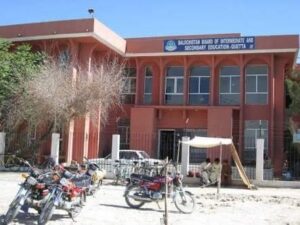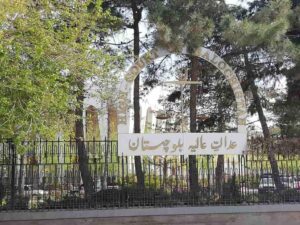Syed Mansoor Ahmed :
Strong school culture guarantees quality education, which enables students to compete on national and international levels. Teachers, parents, society, and students’ close coordination ensure a strong school culture.
Khan Abdul Ghaffar Khan, commonly known as the Bacha Khan termed educating people as a sacred cause. This was one of the underlying reasons behind Khyber Pukhtoonkhwa’s improved education indicator as compared to Sindh and Balochistan. Although, Punjab has made considerable progress in improving its key social indicators.
According to the current comprehensive studies of both educationists and anthropologists revealed that strong school culture is an intensely held and widely shared norms, unwritten rules, assumptions, and unspoken beliefs that shape and narrate how its members think and do their jobs. However, the prime and first member of the school culture is the student which is the foundational bedrock of all events.
On one hand, the teacher is the second prominent and so-called backbone of the education system. On the other hand, parents and community are the assisting aspects in the school culture. Therefore, a strong culture is a fundamental requirement for making a smooth social climate inside the school that is completely intended to provide a safe and caring environment for high learning and give a mutual sense of ownership to all participants as well. The following culture also demands a significant intellectual climate by promoting modern insights into teaching and learning in the school. Subsequently, a positive and robust culture blindly follows the predetermined rules and policies irrespective of any sort of affiliation. The other feature of culture is that it stands for a decent structure for giving teachers, staff, students a voice in, solving problems and taking and sharing responsibilities and decisions. Last but not the least, an effective culture also provides the frame of partnership to join the student with the teacher, a teacher with the teacher, parents with a teacher, and the school as a whole with the community.
By and large, such progressive culture provides a testimonial sense of identity to all connecting factors. This kind of mutual identity cement the elements of commitment among all participants to look towards high horizons instead of self-interests. Consequently, it regularized the moral behavioral standards by avoiding all mental turmoil and bringing the center of education under vigilant social control to work only for promoting the essence of quality teaching and learning.
Keeping in mind all the aforesaid scenarios of the strong education culture, however, Balochistan’s education system is entirely working in an obsolete manner. The most prominent aspects of school culture in the form of student, teacher, parents, the community is absent from the early front of decent school culture. There is a huge vacuum between a student and the teacher. The teacher does not feel bothered to examine and identify the cognitive abilities of a student. Same as the student always opts to the path of escapism instead of asking the instructor.
More importantly, the parent’s contribution is just equal to zero-sum addition. There is a lack of honest and open communication between a teacher and parents. They do not come together as a collective body to discuss the values and goals of school culture in education. While school culture is a widely shared phenomenon that directly demands the involvement of all actors in the decision-making process that is school culture. It is a firm belief among all the educationists that the school culture cannot be run by any single individual. In addition, it always required collective effective measurements only to deliver the goal of quality teaching and meaningful learning as a sole outcome.
The writer is a Public Policy Analyst and Lecturer at BUET, Khuzdar.
You can access him:
syedmansoorahmed0@gmail.com







It is very informative